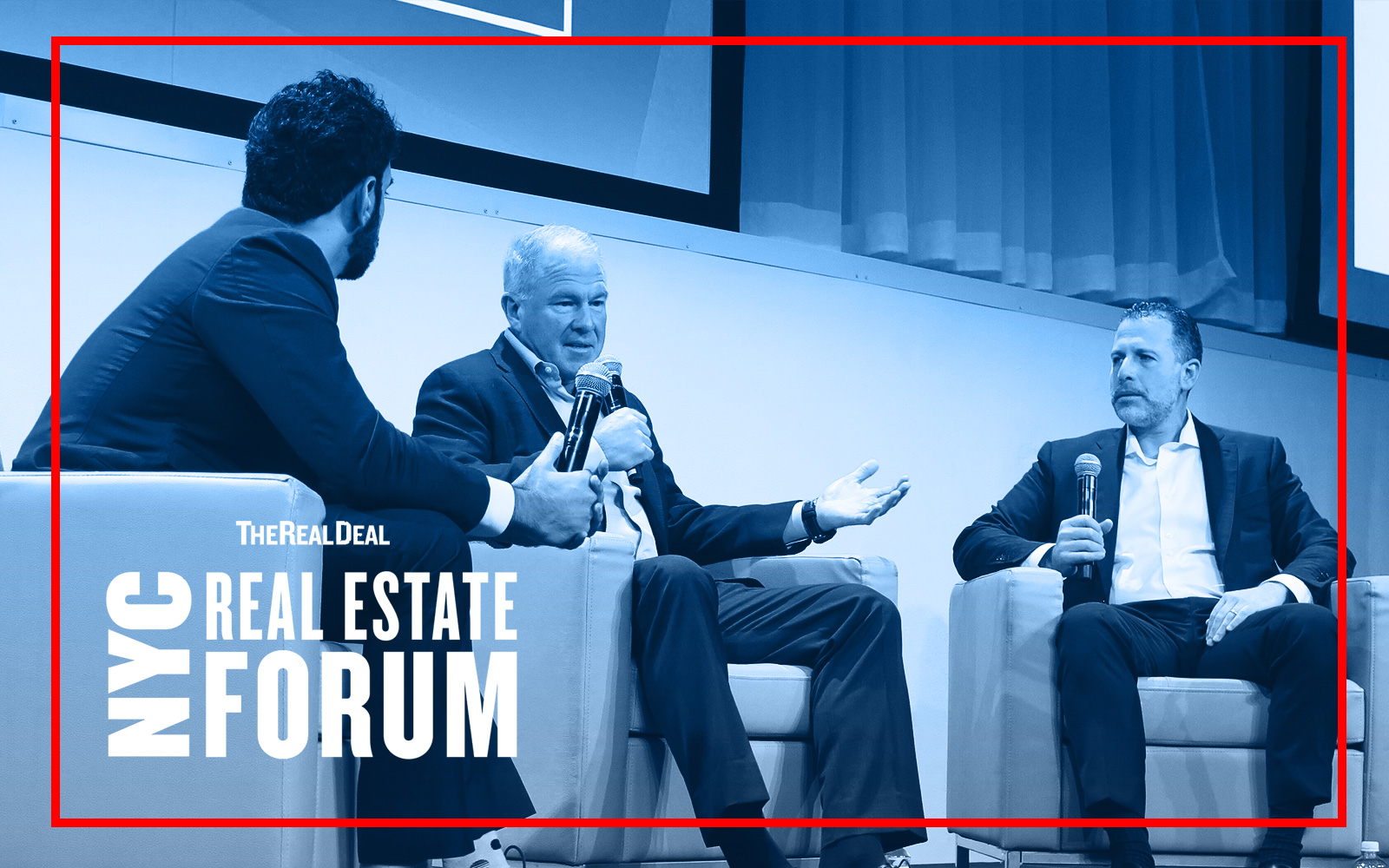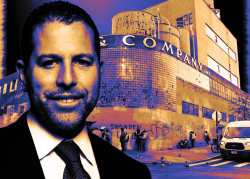Madison Realty Capital is turning to a bridge lender to keep its poison-to-paradise development in Greenpoint going.
Typically a lender itself, Josh Zegen’s firm scored a $40 million refinancing loan from Maxim Capital Group for an in-progress project at 65 and 75 Dupont Street, where Madison plans an eight-story, 400,000-square-foot, mixed-use complex.
The development site is an assemblage of 10 lots and is listed as a Superfund site. Plans call for 471 units — 143 affordable — across eight stories. The massive project is also to include a grocery store, sculpture garden, spa, pools, space for a restaurant and cafe, and 189 parking spots.
Although its estimated completion date is just two years away, the project still doesn’t have a construction loan, pushing it up against the 2026 construction deadline for rental developments to receive the 35-year 421a property tax break.
Zegen, Madison’s co-founder and managing principal, did not respond to a request for comment.
Madison scooped up the troubled site after its last owner defaulted on financing at the toxic lot.
In 2017, Madison provided $28 million to the development’s former owner, Bo Jin Zhu’s DuPont Street Developers. But the project got tangled up by several lawsuits, ownership disputes and, eventually, bankruptcy proceedings that led to Madison taking ownership in 2021.
Read more




In the interim, the property was owned by Yoel Goldman, who at the time was one of North Brooklyn’s biggest landlords.
The sprawling site originally housed an upholstery and plastics manufacturer specializing in vinyl siding. That business went by the name of Hart & Company in the 1940s and decades later by NuHart and Company until 2004.
In 2010, the state declared it a superfund site, citing contaminated soil and the discovery of underground chemical storage tanks. Clean-up costs were estimated at $30 million.
